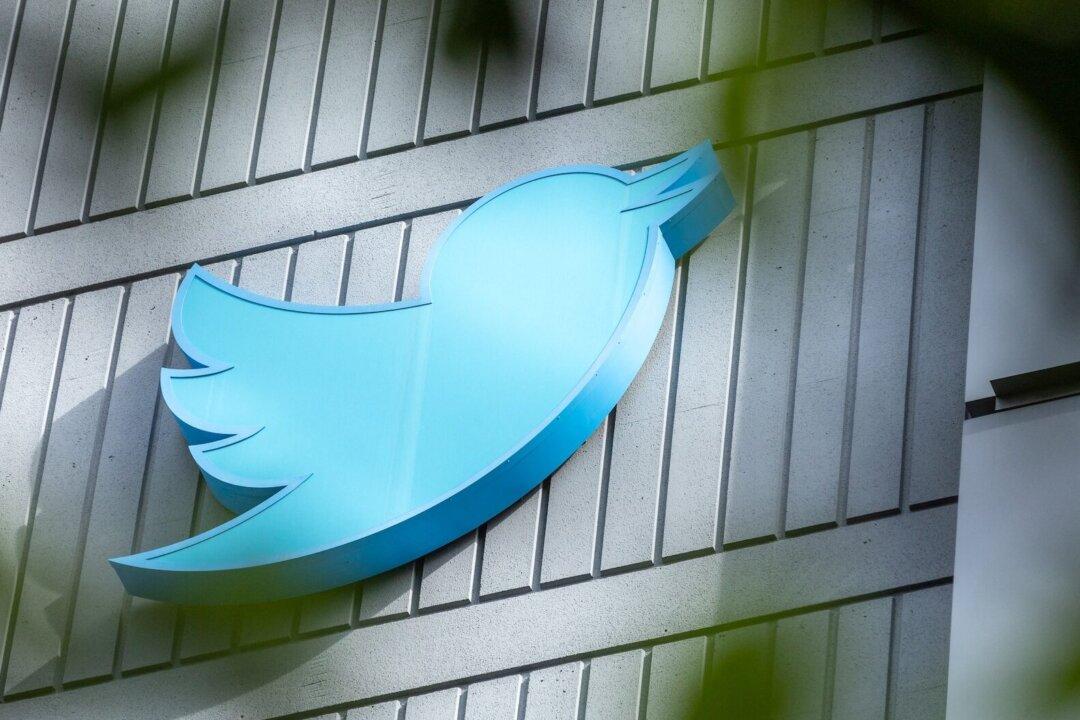Commentary
It’s finally happening: Elon is bringing economic rationality to Twitter, the company he just took over under very high pressure to amp up cash flow in the midst of a stagflationary environment. It’s no easy task but it certainly begins with cost cutting. First on the chopping block: the labor pool itself. Half the workers will be gone by the close of business Nov. 4, 2022.





